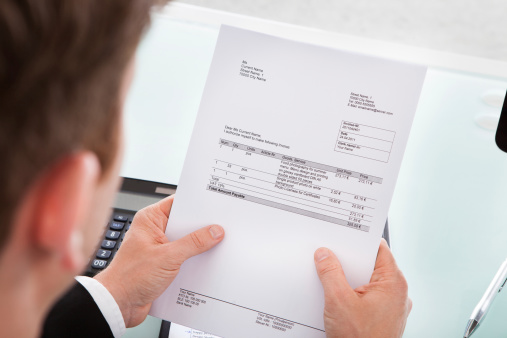By Carl Faulds
Over the last few years it has become increasingly more difficult for SME’s to obtain traditional funding from banks, either via overdraft facilities or business loans. Invoice factoring or invoice discounting can be perfect alternatives to traditional lending, providing solutions to your cash flow problems as a business.
There are two main types of invoice based asset finance and it is important to consider which is best for you.
Invoice factoring
Invoice factoring is a financing method available purely for business to business companies, lending up to around 85 percent of outstanding invoice debt to your business, whilst the financier takes control of your debtor ledger and collects outstanding balances on your behalf.
The benefit of invoice factoring is that your business will gain the advantage of receiving cash upfront from a percentage of your unpaid invoices to help maintain business cash flow, easing you through a troubled period.
You can also be assured that your lender will be highly focussed on chasing invoices from your debtors, as they have a valid interest in receiving these funds. The disadvantages, however, are that a finance company will be chasing your customers for payment and the costs of the borrowing will also include the debt collection service.
Get Free Factoring Quotes!
Invoice discounting
Invoice discounting works in a similar way to invoice factoring, other than your business keeps control of the debtor ledger and you remain responsible for collecting the invoiced debt from customers.
Many businesses are more comfortable with the approach of invoice discounting as it means that their financial reputation remains intact without the need for an intermediary to contact customers on their behalf.
Which is best for my business? Invoice factoring or Invoice discounting?
Generally, businesses prefer discounting, but if credit control is a problem for you and you would rather pass it to someone else to deal with then factoring may be the preferred option, particularly as in these cases an intermediary will usually help to drive the situation.
Another option in these situations would be to use invoice discounting but have a relationship with a debt collection firm to help with difficult payers, whilst not having to pay debt collection costs on good paying customers.
With either route, invoice factoring or invoice discounting, your business will remain responsible for paying back the complete value of the invoices, so it is important to be confident you have chosen the correct method for you.
Carl Faulds is a business recovery specialist. As Managing Director of Cashsolv, he offers advice and support to overcome cash flow problems and identify possible underlying problems that can be addressed to ensure a positive future for your business. Follow him on Twitter @CashSolv_Carl and @Cashsolv.







